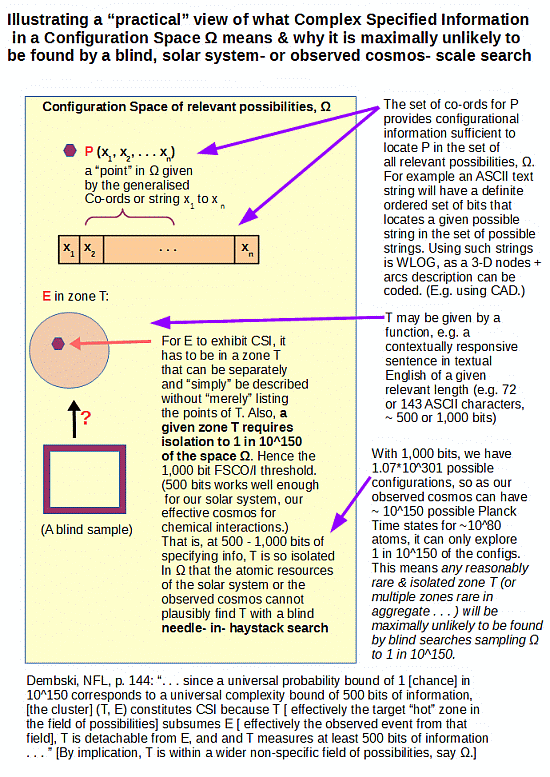The inimitable BA77 observes:
I [used] to think that if ID could only get its evidence to the right people in the right places then they would change their mind about Darwinian evolution and we would have a fundamental ‘paradigm shift’ from the ‘top down’. But after a few years of banging my head on that wall to no avail, I realized that it is not a head problem with these people so much as it is a heart problem. i.e. many influential people in academia simply don’t want Design to be true no matter what evidence you present to them. Indeed, in many educational institutions, there is a systematic effort in academia to Expel anyone who does not toe the Darwinian party line . . . . Scientists are subject to the same pride and prejudices as everyone else.,,, perhaps more so when the issues relate to their preferred worldview.
He concludes: “Thus the growth in popular support for ID has been more of a ‘bottom up’ affair.”
He cites Max Planck on the rise of new paradigms one funeral at a time:
A new scientific truth does not triumph by convincing its opponents and making them see the light, but rather because its opponents eventually die, and a new generation grows up that is familiar with it . . .
Is this what we have come to?
Are we so stubborn as that in the face of the force of evidence such as the significance of the only known cause of functionally specific complex organisation and associated information [FSCO/I] and the linked isolated needles in a haystack configuration-space blind search challenge:
DI’s Stephen Meyer addresses much the same point in speaking to what critics of his Darwin’s Doubt seem to almost uniformly miss:
[youtube Ljy1yfGdC5Y]
Why, or why not? Kindly, explain. END
